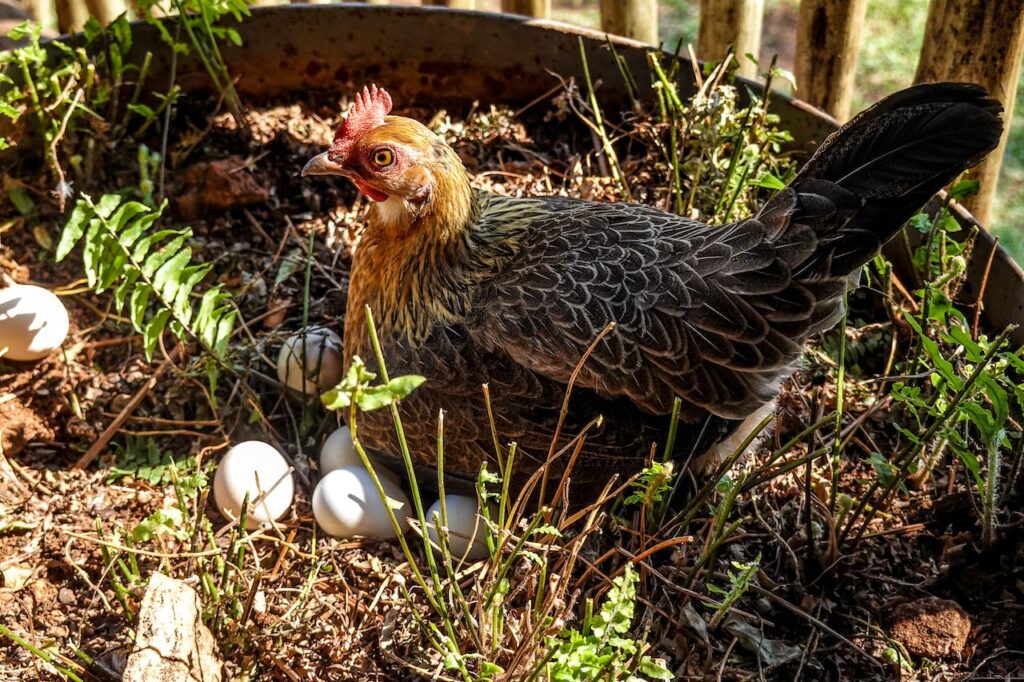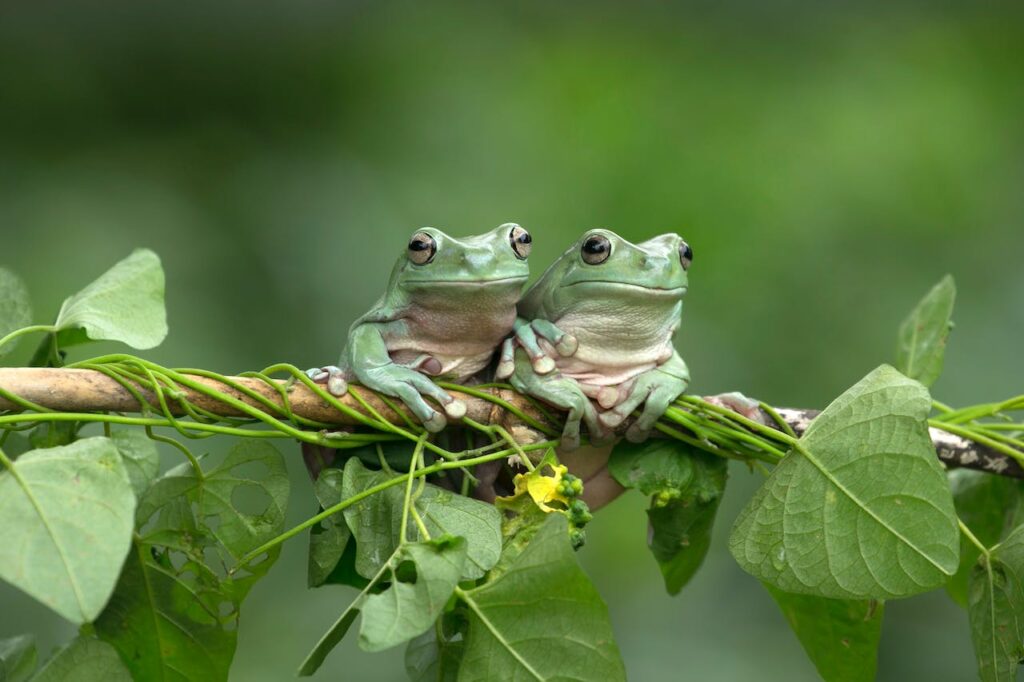

When we think of animals that lay eggs, birds often come to mind. The animal kingdom is vast and diverse, and not all egg-laying creatures are birds. In this informative article, we will delve into the intriguing world of animals that lay eggs but are not birds. We will uncover the unique characteristics and reproduction methods of these remarkable creatures, shedding light on their fascinating biology.
The Unconventional Egg Layers
Reptiles: Masters of Egg-laying
Reptiles are a diverse group of animals known for their scaly skin and cold-blooded nature. They include snakes, turtles, and crocodiles. What sets them apart is their remarkable ability to lay eggs. Reptile eggs have a tough shell that protects the developing embryo. These eggs are typically laid in nests or buried underground, providing a safe environment for the offspring to develop. To support the health and well-being of these reptiles, it’s essential to provide them with proper nutrition, including live reptile food, which is crucial for many species that rely on live insects or other creatures for their diet.
Monotremes: Mammals with a Twist
Monotremes are a group of egg-laying mammals found primarily in Australia and New Guinea. The platypus and echidnas are well-known members of this unique group. Monotremes are the only mammals that lay eggs instead of giving birth to live young. They have evolved a fascinating reproductive strategy that combines characteristics of both reptiles and mammals.
Amphibians: A Diverse Array of Egg-layers
Amphibians, which include frogs, toads, and salamanders, also belong to the category of animals that lay eggs. Their eggs are distinct from those of reptiles and birds, lacking a hard shell. Instead, they are protected by a jelly-like substance. Amphibians typically lay their eggs in water or moist environments to ensure the survival of their offspring.

Fish: The Aquatic Egg-layers
Many species of fish, both freshwater and marine, lay eggs as part of their reproductive process. Fish eggs vary in size and appearance, with some being adhesive and sticking to surfaces, while others float freely in the water. Fish exhibit diverse reproductive behaviors, from mouthbrooding to external fertilization.
The Fascinating World of Egg-laying Insects
Insects are another group of animals that lay eggs but are not birds. They are incredibly diverse and outnumber all other animal species on Earth. Insects such as ants, bees, and butterflies lay eggs as part of their life cycle. These eggs hatch into larvae, which undergo metamorphosis to become adult insects.
What Animal Lays Eggs And Is Not A Bird? FAQs
Are there any mammals that lay eggs?
Yes, monotremes, a subgroup of mammals, lay eggs. The platypus and echidnas are prime examples of egg-laying mammals.
Do all reptiles lay eggs?
No, not all reptiles lay eggs. Some species, like certain snakes and lizards, give birth to live young. However, the majority of reptiles are egg-layers.
Are all amphibian eggs found in water?
While most amphibians do lay their eggs in water or aquatic environments, some species, such as terrestrial salamanders, lay their eggs in moist terrestrial habitats.
How do fish protect their eggs?
Fish employ various strategies to protect their eggs, including building nests, hiding them among aquatic plants, or carrying them in their mouths (mouthbrooding).
Can insects lay eggs without mating?
Some female insects can reproduce without mating through a process called parthenogenesis, where they produce eggs that develop into offspring without fertilization.
Are there any insects that don’t lay eggs?
Almost all insects lay eggs as part of their reproductive cycle. However, there are some exceptions, such as certain parasitic wasps that lay their eggs inside other insects.
Conclusion
The world of animals that lay eggs but are not birds is both diverse and fascinating. From reptiles with their tough-shelled eggs to monotremes, the only egg-laying mammals, and the vast array of amphibians, fish, and insects, nature’s creativity knows no bounds. Understanding the unique reproductive strategies of these creatures adds depth to our appreciation of the animal kingdom’s intricacies.
So, the next time you ponder the question, “What animal lays eggs and is not a bird?” remember that the answer lies in the astonishing variety of life on our planet. Embrace the wonder of these egg-laying wonders and marvel at the intricacies of the natural world.






